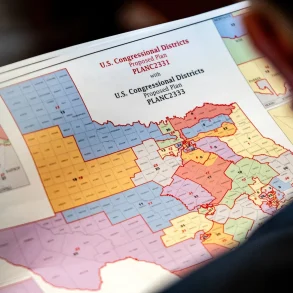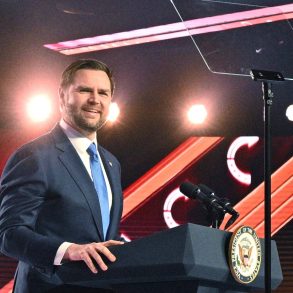A Promise Under Pressure
Just a year ago, California made history as the first state to offer Medi-Cal coverage to all income-eligible undocumented immigrants, a policy championed by Governor Gavin Newsom. Starting with children in 2015 under former Governor Jerry Brown and expanding to all age groups by 2024, this initiative was a cornerstone of Newsom’s vision for universal healthcare. However, the state’s worsening financial outlook has forced a dramatic shift. On May 14, 2025, Newsom unveiled a revised budget proposal that introduces $100 monthly premiums for undocumented adults on Medi-Cal and freezes new adult enrollments starting January 2026. These changes aim to save $5.4 billion through 2028-29, with an additional $2.4 billion in savings by cutting long-term care and full-scope dental coverage for undocumented adults.
Why the Cuts?
California is grappling with a projected $12 billion deficit for the upcoming fiscal year, compounded by a $16 billion revenue loss attributed to President Trump’s tariff policies, which have disrupted the state’s economy. Medi-Cal’s costs have soared beyond expectations, with the program spending $2.7 billion more than anticipated on undocumented immigrants alone. In the current fiscal year, lawmakers already approved a $2.8 billion appropriation and a $3.4 billion loan to cover Medi-Cal’s expenses through June. The state’s general fund allocates about $8.5 billion annually to cover undocumented immigrants, a figure that critics argue is unsustainable given California’s economic challenges.
Newsom’s office defends the cuts as necessary to stabilize the state’s finances while preserving coverage for the 1.6 million undocumented immigrants already enrolled. Children will still be eligible to enroll, and all undocumented Californians will retain access to emergency and pregnancy-related care. However, the proposed $100 monthly premium—lower than the average subsidized premium under Covered California—could make healthcare unaffordable for some, potentially reducing enrollment. Freezing new adult applications will also limit the program’s growth, preventing further strain on the budget.
A Divided Response
The proposal has ignited fierce debate. Democratic lawmakers, particularly members of the Latino Legislative Caucus, strongly oppose the cuts. Senate Majority Leader Lena Gonzalez called the plan “stark” and argued that it unfairly targets working Californians. “We have to tighten our belts, but we should look for other ways,” she said, emphasizing the caucus’s commitment to immigrant support. Meanwhile, Republicans like Senator Roger Niello argue that the expansion was always financially reckless. “We committed spending to something we can’t afford,” Niello said, pointing to the state’s flush budgets during the program’s early years as a miscalculation.
Public opinion is mixed. A recent poll shows strong support for providing free healthcare to undocumented children, with 51% of voters favoring coverage for those 50 and older. However, only 49% support extending it to adults aged 18 to 49, reflecting a divide on the issue. Critics like Amanda McAllister-Wallner of Health Access California called the cuts “reckless and unconscionable,” arguing they betray Newsom’s legacy of advancing universal healthcare.
Broader Implications
The proposed cuts come at a precarious time. Congress, led by Republicans, is considering reductions to federal Medicaid funding, which could penalize states like California for covering undocumented immigrants. Such a penalty could cost the state $3.2 billion in federal funds in the first year alone, according to the Center on Budget and Policy Priorities. This threat adds pressure to Newsom’s decision, as California braces for potential federal cuts while managing its own fiscal crisis.
For now, the fate of Newsom’s proposal rests with the California Legislature, where Democratic resistance may complicate its passage. The state has already implemented $27.3 billion in budget remedies for 2025-26, including $16.1 billion in cuts and a $7.1 billion withdrawal from its rainy day fund. This marks the third consecutive year of deficit-driven reductions, despite California’s boast of being the world’s fourth-largest economy.
Looking Ahead
Newsom insists that California remains committed to its immigrant communities, emphasizing that no current Medi-Cal enrollees will lose coverage. “No state has done more than California,” he said, framing the cuts as a necessary cap rather than a rollback. Yet, for many advocates, the proposal feels like a step backward from the dream of universal healthcare. As the state navigates economic uncertainty and political divisions, the debate over Medi-Cal’s future will test California’s values and its ability to balance compassion with fiscal responsibility.








